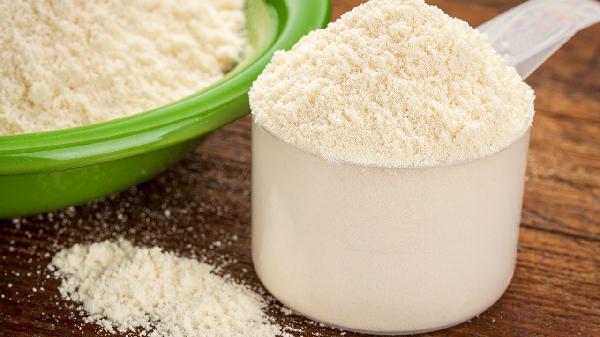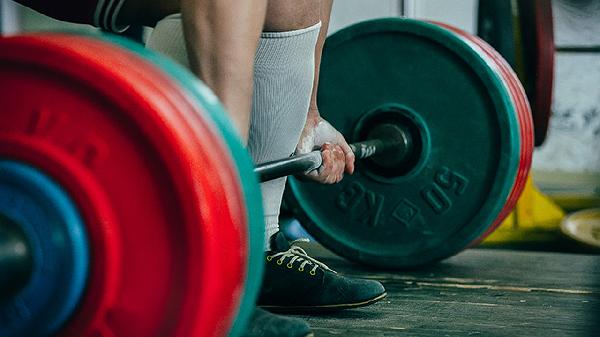If you’re looking to build muscle, protein is your best friend. But how much do you actually need? The answer isn’t one-size-fits-all—it depends on factors like your weight, activity level, and fitness goals. Generally, experts recommend consuming between 0.7 to 1 gram of protein per pound of body weight if you’re serious about muscle gain. So, if you weigh 150 pounds, that’s roughly 105 to 150 grams of protein daily. But let’s break it down further so you can nail your protein intake without feeling overwhelmed.

Protein is the building block of muscle. When you work out, especially during strength training, you create tiny tears in your muscle fibers. Protein steps in to repair and rebuild these fibers, making them stronger and bigger over time. Without enough protein, your muscles won’t recover properly, and all those hours at the gym might not pay off. Plus, protein helps keep you full, which can be a game-changer if you’re trying to manage your calorie intake while bulking up.
To figure out your ideal protein intake, start with your weight. Multiply it by 0.7 to 1 gram, depending on how intense your workouts are. For example, a 180-pound person aiming for muscle growth might aim for 126 to 180 grams of protein daily. If you’re more of a casual gym-goer, you can lean toward the lower end of that range. But if you’re hitting the weights hard or training for a competition, you’ll want to aim higher. Don’t stress about hitting the exact number every day—consistency over time is what matters most.
Not all protein is created equal. Animal-based sources like chicken, beef, fish, eggs, and dairy are packed with complete proteins, meaning they contain all nine essential amino acids your body needs. If you’re plant-based, don’t worry—options like tofu, tempeh, lentils, chickpeas, and quinoa can also get the job done. Protein powders, like whey or plant-based blends, can be a convenient way to hit your daily target, especially on busy days. Just remember, whole foods should be your primary source—supplements are there to fill in the gaps.
When you eat protein matters almost as much as how much you eat. Spreading your protein intake throughout the day ensures your muscles have a steady supply of amino acids for repair and growth. Aim to include a protein source in every meal and snack. Post-workout is a critical time—try to consume 20 to 40 grams of protein within 30 minutes to an hour after exercising. This helps kickstart the recovery process and maximizes muscle growth. A protein shake, Greek yogurt, or a chicken sandwich can do the trick.
There’s a lot of misinformation out there about protein. One myth is that eating too much protein will harm your kidneys. For healthy individuals, this isn’t true—your body can handle higher protein intake just fine. Another myth is that you need to chug protein shakes to build muscle. While they’re convenient, whole foods are just as effective (and often more nutritious). Lastly, don’t fall for the idea that plant-based proteins are inferior. With a little planning, you can meet your protein needs on any diet.
If you’re feeling sluggish, struggling to recover from workouts, or noticing that your muscles aren’t growing despite your efforts, you might not be getting enough protein. Other signs include frequent hunger, brittle nails, and hair loss. If you suspect you’re falling short, track your intake for a few days using a food diary or app. This can help you identify gaps and adjust your diet accordingly. Remember, building muscle is a marathon, not a sprint—so focus on steady progress rather than perfection.
Building muscle isn’t just about lifting weights—it’s about fueling your body with the right nutrients, and protein is at the top of the list. By calculating your needs, choosing quality sources, and timing your intake wisely, you’ll set yourself up for success. And don’t forget, consistency is key. Stick with it, and you’ll see those gains in no time.
























